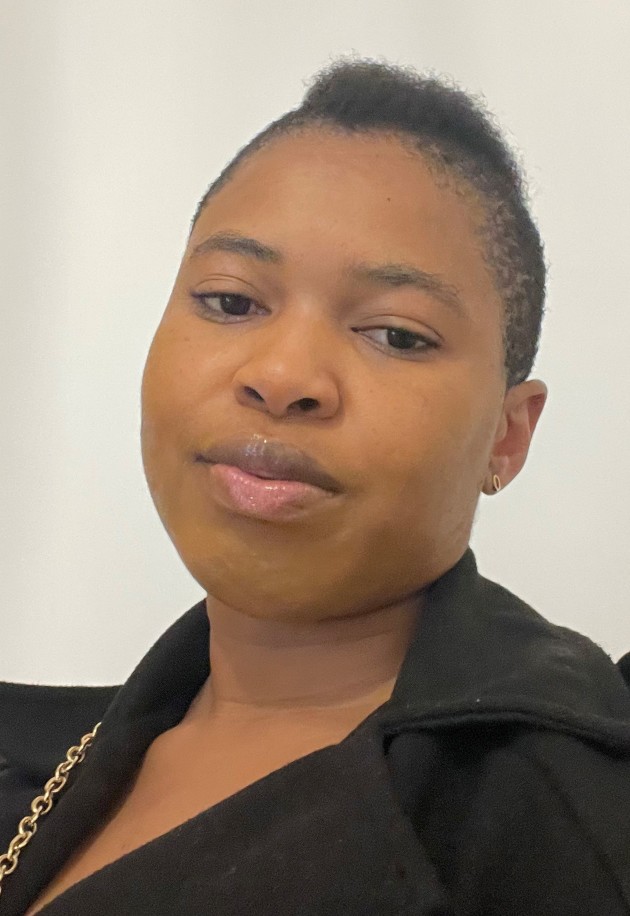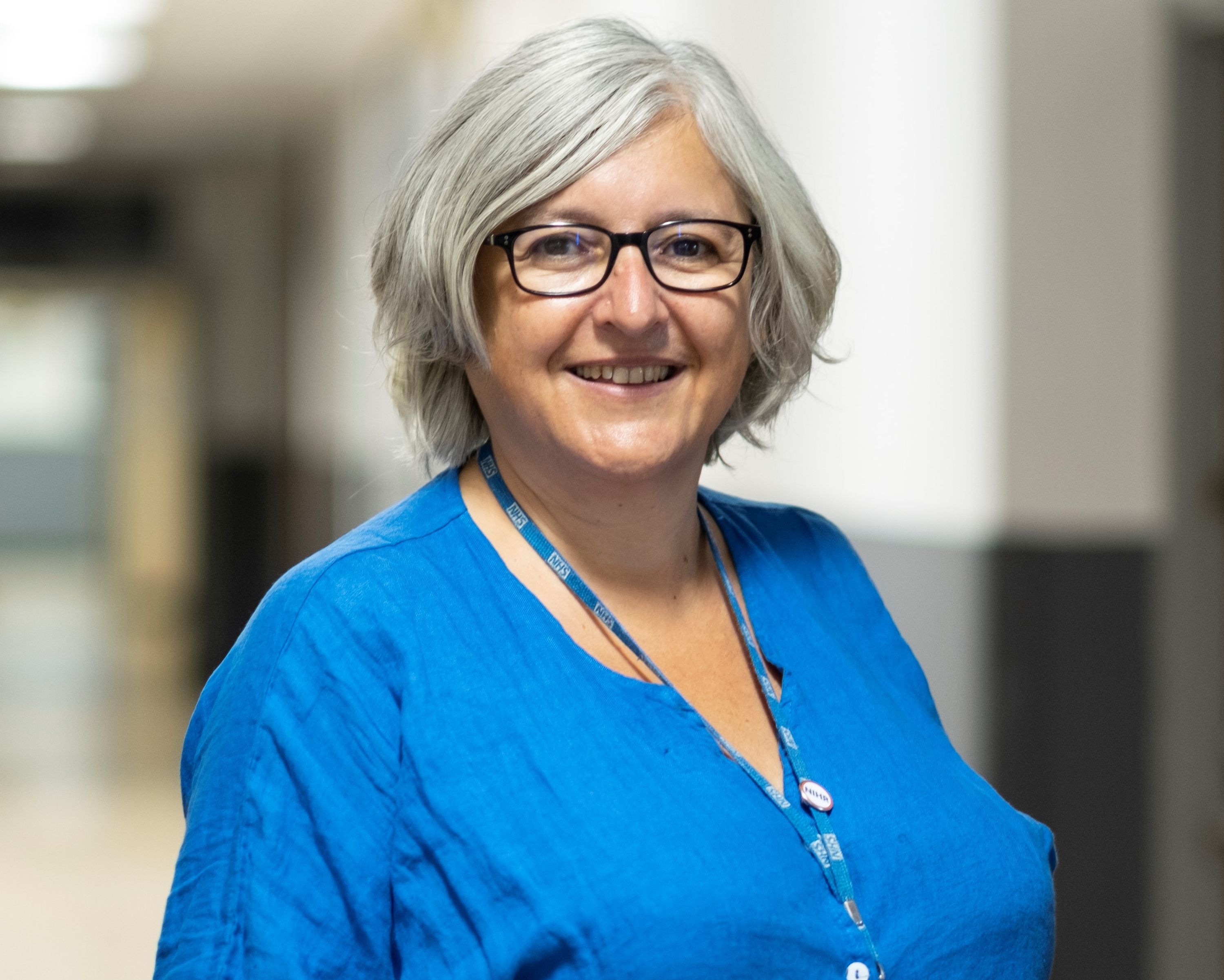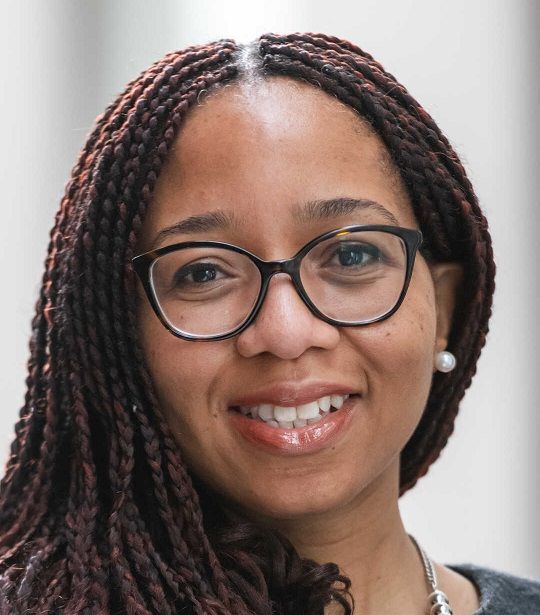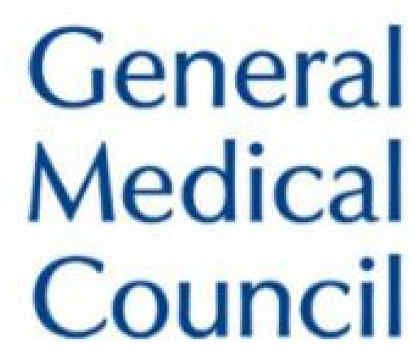RESEARCH: THEATRES AND ANAESTHETIC
 How did you get into research?
How did you get into research?
I had a PhD in Engineering with several publications just before I did my nursing degree. For my nursing degree dissertation, I did a research project on systematic reviews which was my first introduction to research in nursing. Then in my clinical role, I was awarded funding for one shift off to work as a Post-doctoral research fellow.
What do you enjoy about research?
For me, research enables me to gain knowledge, understand and answer questions with evidence. In my clinical role, I’m always filled with ideas for improvement and then I try to form a research question around it and go off for a literature review. This allows me to see and know what’s already been done around the topic in question, if there are any gaps in the knowledge and what we can do better to improve the process.
What was the most difficult aspect of doing your PhD?
Writing up my thesis within limited time has been the most difficult part. However as I had 4 publications from my PhD, I was tasked with transforming each publication into chapters for my thesis. And having a supportive supervisor made a lot difference and helped to ease my challenges.
What difference has your research training and experience made to your career?
My research training and experience have been beneficial in many ways. Having a PhD opens up a lot of opportunities and combining research with my clinical role puts me in a leadership position to develop as a clinical academic.
How has research changed your clinical practice?
Research has given me the knowledge, understanding and evidence to work competently and confidently within my clinical role. And I also have the opportunity to network, talk about my work and inform others both nationally and internationally.
What has made a difference to progressing your research career?
Imperial has been fantastic at providing the opportunity to undertake research including providing the funding and support. I have been able to work and collaborate with multidisciplinary teams of experts. The NIHR Imperial BRC is funding my research time and is also able to provide me with research training and support.
Where do you see your clinical academic career going over the next five years?
I will continue to combine research in my clinical role and influence a research culture within my department. I have started off with publications of evidence-based studies and I am currently applying for a grant to take my work further.
I see myself leading a team of researchers working on process improvements, computational modelling and innovations and transformations.
Dr Oge Echendu, Honorary Clinical Post-doctoral Research Associate, Imperial College Healthcare NHS Trust, ogechukwu.echendu@nhs.net
To download Oge's case study please click here: Oge Echendu - Case Study (PDF)
Useful links
Contact us
The CATO Team and Radiographers Incubator work on a Hybrid model, combining days in the office with days working from home – the best way to reach us is by email.
cato@imperial.ac.uk
radresearch@imperial.ac.uk
+44 (0)20 3313 7397



